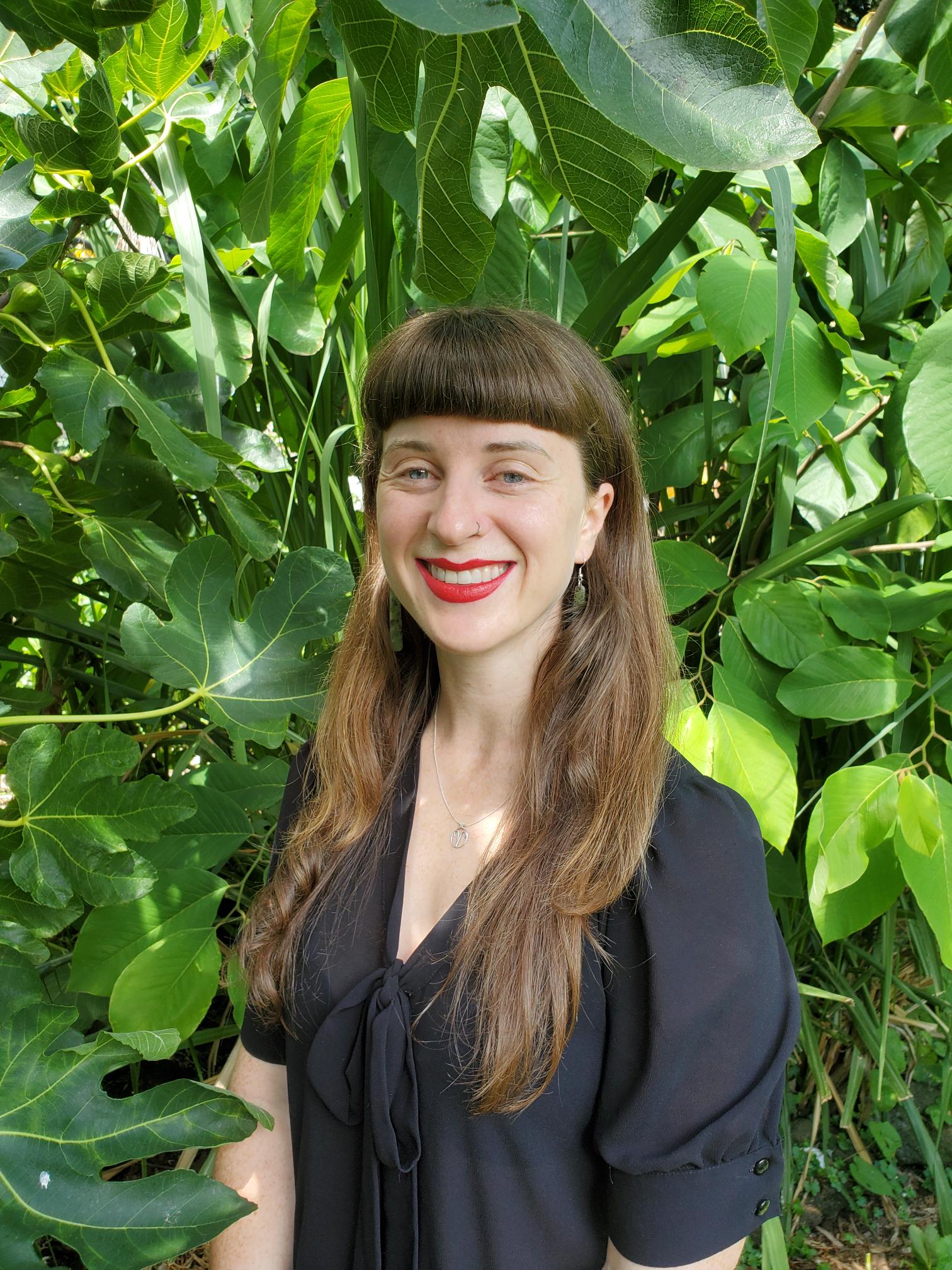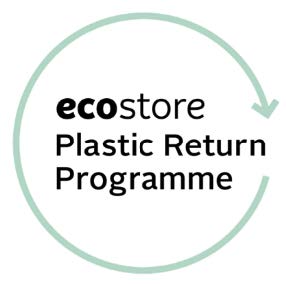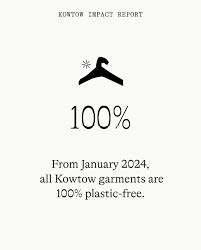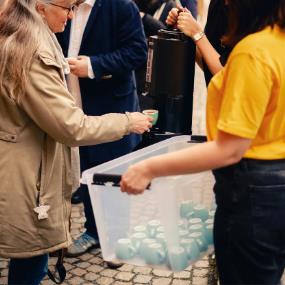Doing Good is Good for Business
- Kate Lodge

- Nov 4, 2025
- 3 min read

Profit may dominate business headlines, but some of the most powerful stories in business are unfolding quietly in the ways companies are choosing to do good. From small retailers donating surplus stock to local charities, to large brands rethinking how their products are made, sold, and reused, “doing good” takes many shapes. Every business, regardless of size or sector, has an opportunity to make a positive impact if they choose. And, beyond the obvious benefits for people and planet, evidence continues to show that doing good is also good business.
What “Doing Good” Can Look Like
At Go Well Consulting, we’ve worked with dozens of businesses that are doing good in their own unique ways. A few examples from our clients include:
Ecostore provides a Plastic Return Programme to their customers in New Zealand, free of charge.
Otis Oat Milk donates 1% of all their annual sales through their One Percent Fund.
Kowtow has phased out all plastic from their clothing and purchases only certified Fairtrade organic cotton.
Burger Fuel has collaborated on their Wild Heart burger, which uses wild venison from pest deer and rescued cherries and carrots, and donates a percentage of sales to support regenerative work in Fiordland.
Acme Cups donates their “B Range” cups to festivals around the world.
Within our own business, we try to do good for people and planet (outside our day-to-day sustainability consulting) by volunteering with Conservation Volunteers New Zealand, donating 1% of annual revenue to two local charities, and offering all our staff a four-day week or nine-day fortnight.
Each of these examples looks different, varying in scale and impact, but they all stem from the same intention — to give back, contribute to building a better world, and use business as a force for good.
Finding Your Version of Impact
Every business’ way of doing good looks different, shaped by its people, purpose, and community. At Go Well, we support clients to explore what doing good means for them and helping them focus their energy where it can have the most impact. Even if you don’t have the resources to work with a consultancy, there’s no right or wrong entry point. The most important thing is to start where it feels genuine. Authenticity is what gives your actions meaning. A local café planting a community garden can be just as powerful as a national retailer transitioning to circular packaging. Both are contributing to a bigger shift toward business that balances profit with purpose.
When you find the intersection between your values and your capabilities, “doing good” becomes sustainable in every sense of the word.
The Ripple Effect: Positive Impact Inside and Out
At its core, doing good is about having a positive impact — but it also has a way of returning value to your business.
Customers today are more conscious than ever. They notice when brands walk the talk, and they reward authenticity with loyalty. Employees, too, are increasingly looking for workplaces where their values align with their work. When they feel part of something meaningful, engagement, creativity, and retention all rise.
In this way, doing good creates a ripple effect: stronger relationships, improved efficiency, and a reputation built on trust. It doesn’t mean every action needs to be publicised or perfect, but the consistency of care builds confidence in your brand over time.
Making Good a Habit
So, how can businesses approach doing good? A few starting points:
Start small, think long-term. Pick one area where you can make a genuine difference and build from there.
Engage your people. The best ideas often come from within. Create opportunities for your team to contribute their perspectives and ensure you get their buy-in.
Be honest about your capabilities and capacity. Don’t bite off more than you can chew and create a situation where you let people down and/or overwhelm your business.
Share your impact transparently and authentically. You don’t have to be saving the world to tell others about your efforts to give back. Every little bit helps and every business doing good can inspire another.
Collaborate. Partner with suppliers, customers, or community groups to amplify your impact.
Doing good isn’t a campaign, it’s a culture. And like any culture, it grows through shared ownership and everyday action.
One Step at a Time
Impact rarely happens all at once — it starts with small, deliberate actions that evolve over time from a lot of learning and feedback. Every business has the potential to make a meaningful difference; the key is finding an approach that aligns with who you are and what you stand for. If your business is ready to take doing good from intention to action, we can help you shape and implement a strategy that fits your purpose and your people.

Kate Lodge is a Sustainability Consultant at Go Well Consulting, a sustainability consultancy that helps businesses across New Zealand and Australia go beyond good intentions to embed sustainability in meaningful and measurable ways.
Drop Kate a line at kate@gowellconsulting.co.nz or visit www.gowellconsulting.co.nz
AI Disclaimer: Chat GPT was used to review and refine this blog.













Comments